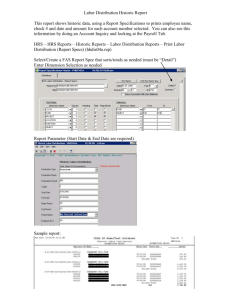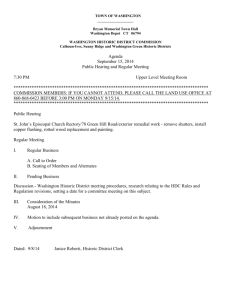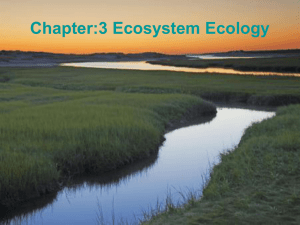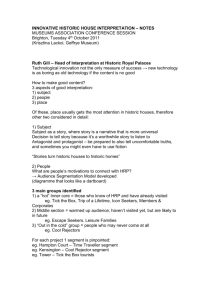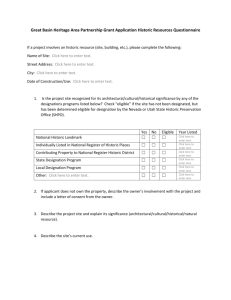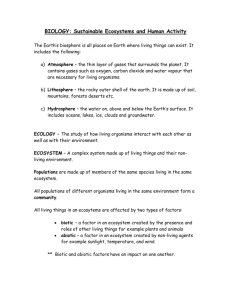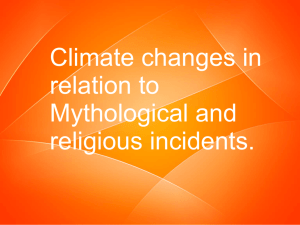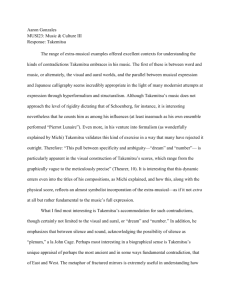here
advertisement
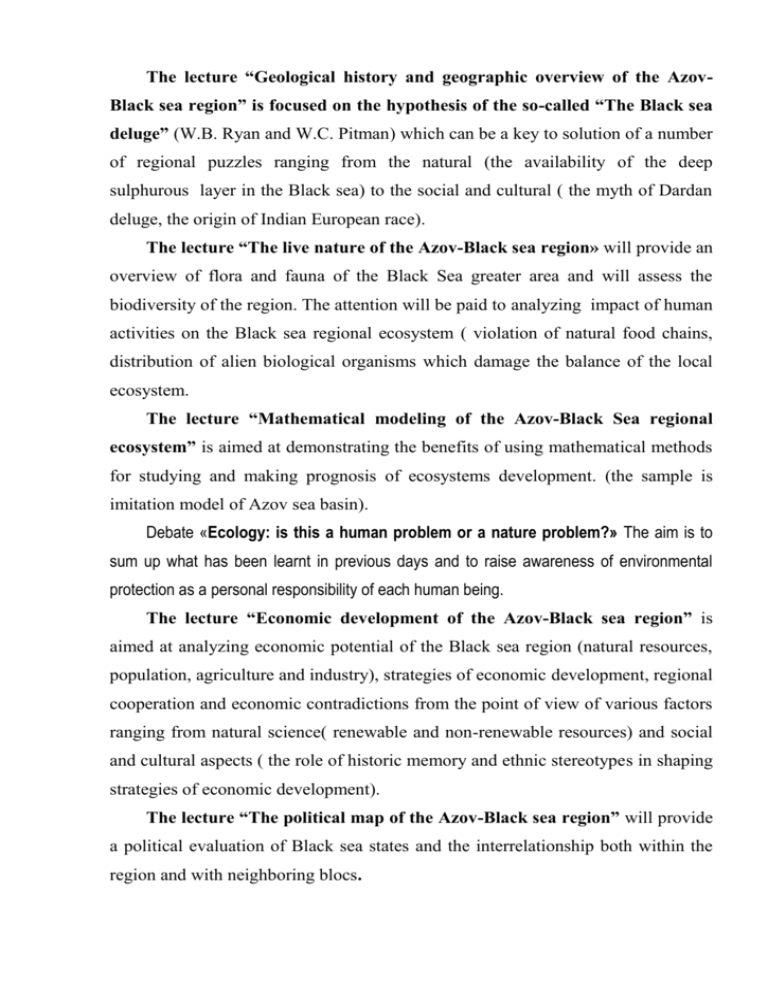
The lecture “Geological history and geographic overview of the AzovBlack sea region” is focused on the hypothesis of the so-called “The Black sea deluge” (W.B. Ryan and W.C. Pitman) which can be a key to solution of a number of regional puzzles ranging from the natural (the availability of the deep sulphurous layer in the Black sea) to the social and cultural ( the myth of Dardan deluge, the origin of Indian European race). The lecture “The live nature of the Azov-Black sea region» will provide an overview of flora and fauna of the Black Sea greater area and will assess the biodiversity of the region. The attention will be paid to analyzing impact of human activities on the Black sea regional ecosystem ( violation of natural food chains, distribution of alien biological organisms which damage the balance of the local ecosystem. The lecture “Mathematical modeling of the Azov-Black Sea regional ecosystem” is aimed at demonstrating the benefits of using mathematical methods for studying and making prognosis of ecosystems development. (the sample is imitation model of Azov sea basin). Debate «Ecology: is this a human problem or a nature problem?» The aim is to sum up what has been learnt in previous days and to raise awareness of environmental protection as a personal responsibility of each human being. The lecture “Economic development of the Azov-Black sea region” is aimed at analyzing economic potential of the Black sea region (natural resources, population, agriculture and industry), strategies of economic development, regional cooperation and economic contradictions from the point of view of various factors ranging from natural science( renewable and non-renewable resources) and social and cultural aspects ( the role of historic memory and ethnic stereotypes in shaping strategies of economic development). The lecture “The political map of the Azov-Black sea region” will provide a political evaluation of Black sea states and the interrelationship both within the region and with neighboring blocs. Lecture «Are people the same everywhere? The Azov-Black sea region from the social psychological point of view” is focused on inter-dependence of biological and social factors in shaping way of living and behavioral stereotypes. The content is built around the key notions of modern social psychology: if there is a stable correlation between genetically stipulated social and cultural characteristics of human beings; if the natural factors (climate, chemical soil composition, nutrition ration) influence the formation of a psychological type, if the “national character” is a correct scientific notion? Debate «What is needed for establishing peace and prosperity in the region? The aim is to sum up the previous learning outcomes and to raise awareness of the contemporary regional problems and their solutions. Lecture «The Black sea region in historical retrospective” will be focused on demonstrating the main stages of the regional history: the nomadic world of ancient Black sea greater area, the Greek colonization, the great migration, the historic trace of middle age states – the Byzantium, Khazariya, the Golden Orda, Georgia, Venetia, Genoa, cultural impact and political contradictions in the region in Modern and Contemporary History). Lecture « Pontus” mosaic of languages, dialects and sub-dialects in the region” reflects mosaics of the regional linguistic map. Students will learn how geographic and historic factors formed the language map in the region: on the one hand the mountainous territory, that is natural barriers for communication between local communities, on the other hand – migration, invasions, cultural and political dominance of different countries and civilizations . Lecture «Each village has its own people”. The aim is to show how natural and social factors determined the formation and evolution of ethnic groups in the region: an initial high level of segmentation could be strengthened (segmentation by religion or migration) or smoothened (small groups are merged by the larger groups, impact of urbanization).
